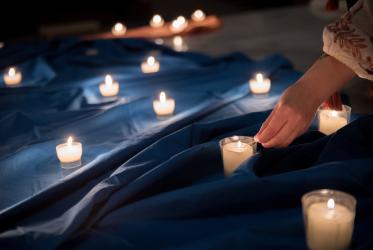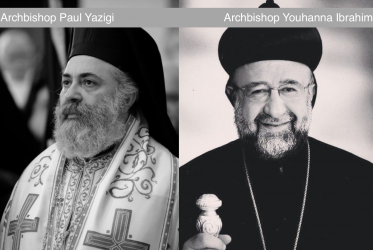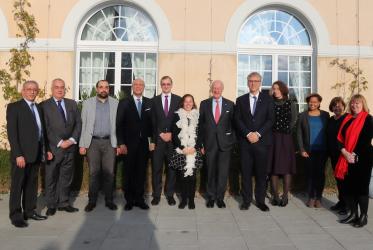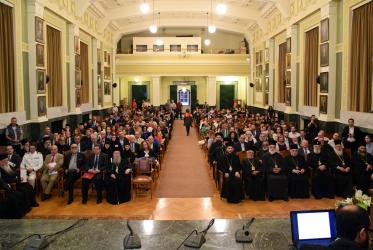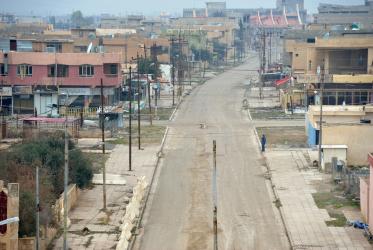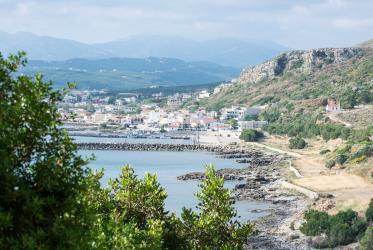Displaying 1 - 20 of 40
Ecumenical prayer for peace in Syria
16 December 2019
WCC statement reiterates call for end to conflict in Syria
25 November 2019
WCC expresses hope for work of the Syrian Constitutional Committee
01 November 2019
WCC condemns violence in Syria
11 October 2019
Eager ecumenists embark on new missions
04 February 2019
"What matters is winning the peace in Syria," UN envoy says
13 December 2018
WCC to ring with children’s voices across the world
16 November 2018
WCC decries escalation of Syria conflict
07 April 2017
Strong bridges needed more than ever
21 December 2016

